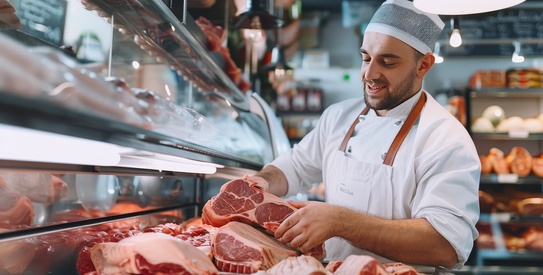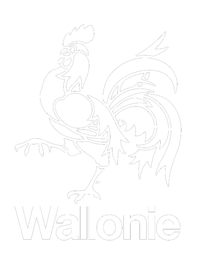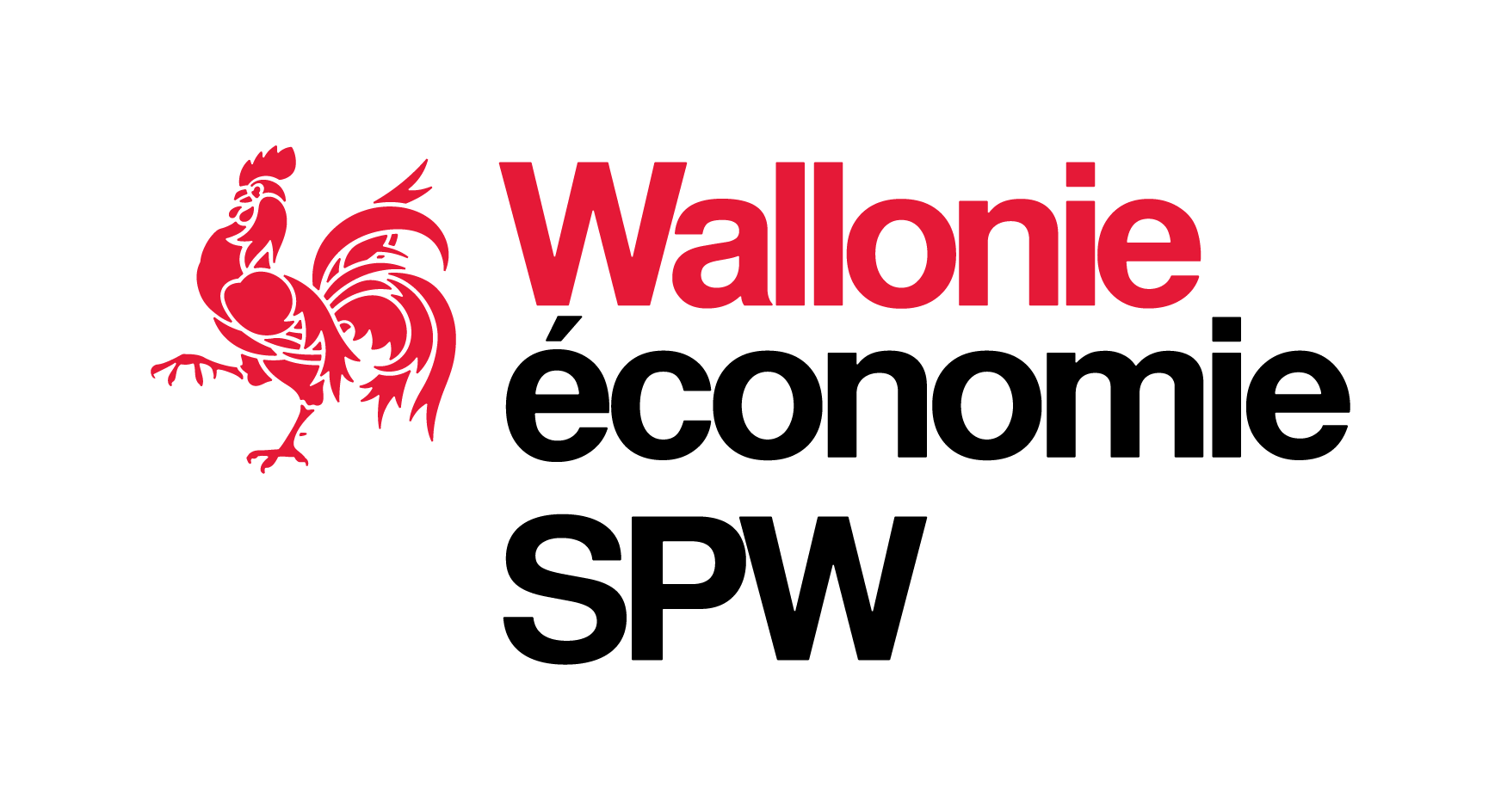Getting my butcher's licence
Would you like to open a butcher's or delicatessen in Wallonia? Or perhaps you are thinking of adding this service to your existing business? To work as a butcher, you need a licence. Find out more about the conditions and procedures for obtaining this licence, and how to avoid being caught out in the event of an inspection.

What activities require a butcher's licence?
A butcher's licence is required for the sale, display and cutting of fresh, prepared or preserved meat.
This includes:- traditional butchers,
- stores specialising in game and/or poultry,
- supermarket butchers,
- butchers' market stalls,
- all establishments packaging fresh meat or charcuterie for distribution to supermarkets or other shops,
- all establishments that buy, cut and process butcher's meat into ready-to-eat meat.
What activities do not require a licence?
You do not need a licence if you only sell prepackaged meat. For example, a baker who also offers a selection of charcuterie.
Animal slaughterhouses that do not cut or process meat are also exempt from licensing.
If you already own a butcher's shop and are planning to open a new one, your licence covers all your outlets.
Who needs a licence within a butcher's shop?
The licence must be held by the professional manager of the butcher's shop, i.e. the person with the professional skills required to carry out the activity of butcher. Usually, this is the butcher themselves.
It is important to note that this person's name will appear on the licence.
How long is the licence valid for?
The licence remains valid as long as the conditions for obtaining it remain unchanged.
A new licence must be applied for in the event of a:
- change of professional manager or operator.
- change to the legal form of the business.
What are the conditions and procedure for obtaining a licence?
All proceduresInspection: are you compliant?
Inspections can be carried out at any time in the field. Their aim is to check compliance with current regulations, licensing requirements and the conditions for granting any financial aid provided by the Walloon Region and/or co-financed by European funds. These inspections aim to encourage compliance with the rules and sanction irregularities, fraud and certain forms of operation.
Inspections can be triggered in a number of situations: on the initiative of the authorities, following a complaint or report, or at the request of the Labour Prosecutor the King's Public Prosecutor.
The inspectors in charge of inspections have several powers, including conducting investigations, drawing up Pro Justitia, entering workplaces or, with authorisation, inhabited areas, checking identities, searching for, examining and copying data media, making image-based observations, conducting hearings, and seizing and sealing goods.
They can carry out these inspections unannounced, or announce them in advance. It is therefore important to always be ready to ensure that an inspection can run smoothly.
Legal framework: The work of the Inspection Services is governed by the Decree on Economic, Employment and Research Inspection, and the Decree on Vocational Training and Retraining.
How to prepare for an inspection
You can be inspected at any time, whether announced or unannounced. To be ready for an inspection with peace of mind, it is essential that you comply with the legislation governing your business.
The best course of action, even before an inspection is carried out, is to keep the documents proving compliance with the regulations governing your activities (licences, cards, certifications, etc.) close at hand. Inspections are based on tangible evidence, not mere declarations. It is therefore important to provide the inspector with all the documents and information requested, in full transparency.
Collaboration is essential for effective, constructive inspections. Welcome the inspector and provide give them the help they need to accomplish their mission.
What to do after the inspection
If the inspection went well, congratulations! Keep up the momentum to maintain your compliance. However, if you have failed to take the necessary steps, or neglected certain legal obligations, you may be subject to sanctions. Inspections may reveal irregularities or infringements, varying in seriousness from minor irregularities due to ignorance of the law to outright fraud.
Depending on the situation, the risks involved are:
- a simple warning, with the obligation to put things right,
- a proposal to withdraw or recover all or part of the subsidy, approval or authorisation,
- a statement of offences, which may result in penal or administrative sanctions.
These sanctions may have consequences for your business. It is therefore important to regularise your situation as soon as possible to avoid facing this problem.
What other formalities need to be completed to open a butcher's shop?
In addition to obtaining your butcher's licence, you must:
- obtain authorisation to market foodstuffs (FASFC),
- register with the Crossroads Bank for Enterprises via an accredited business counter;
- register for VAT;
- join a social insurance fund and a mutual insurance company.
Find out more
Any questions? Any problems?
Email us at info.licencebouchercharcutier.dgo6@spw.wallonie.be.
Or call us during our office hours on 081/334000
Monday: 2 – 4pm
Tuesday: 2 – 4pm
Wednesday: 9am – 12pm
Friday: 9am – 12pm
By phone
Are you looking for other solutions for your project?

Receive personalised advice and quickly find the answers to your questions. Find the help you need on 1890.be.
Discover other solutionsOther state aid

Innovation, training, exports, consultancy... Take a look at all the state aid available to Walloon companies.
To the Midas database